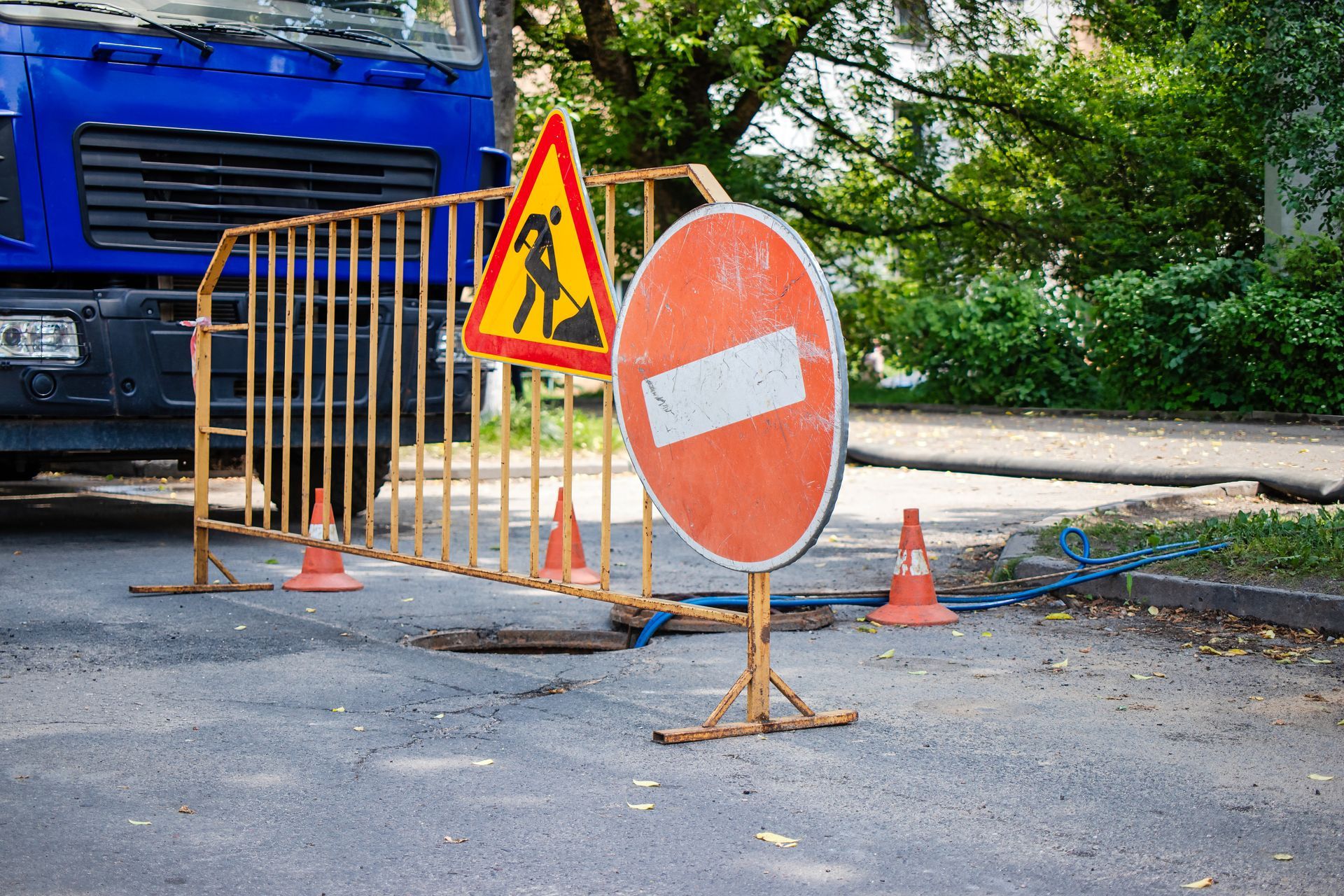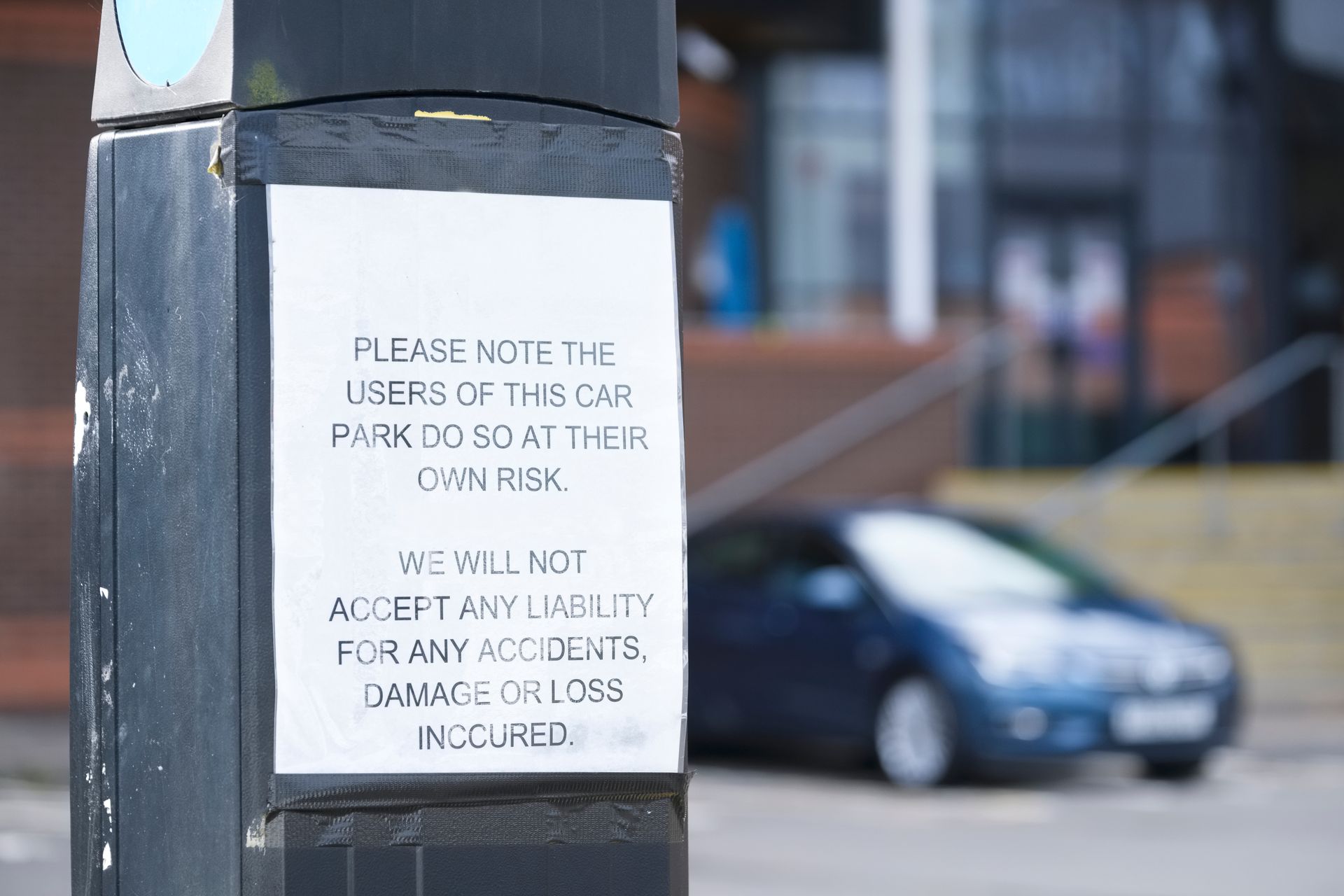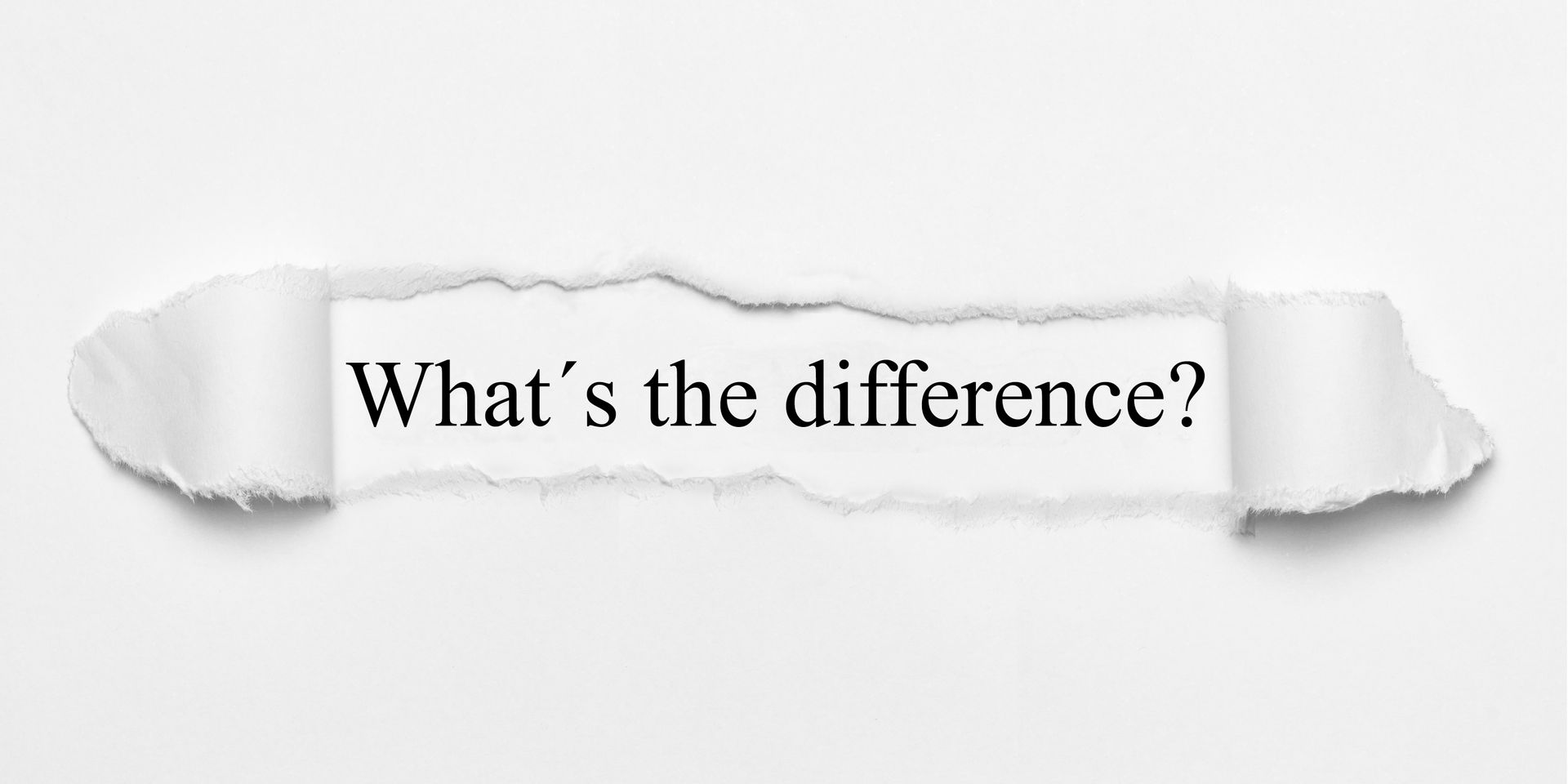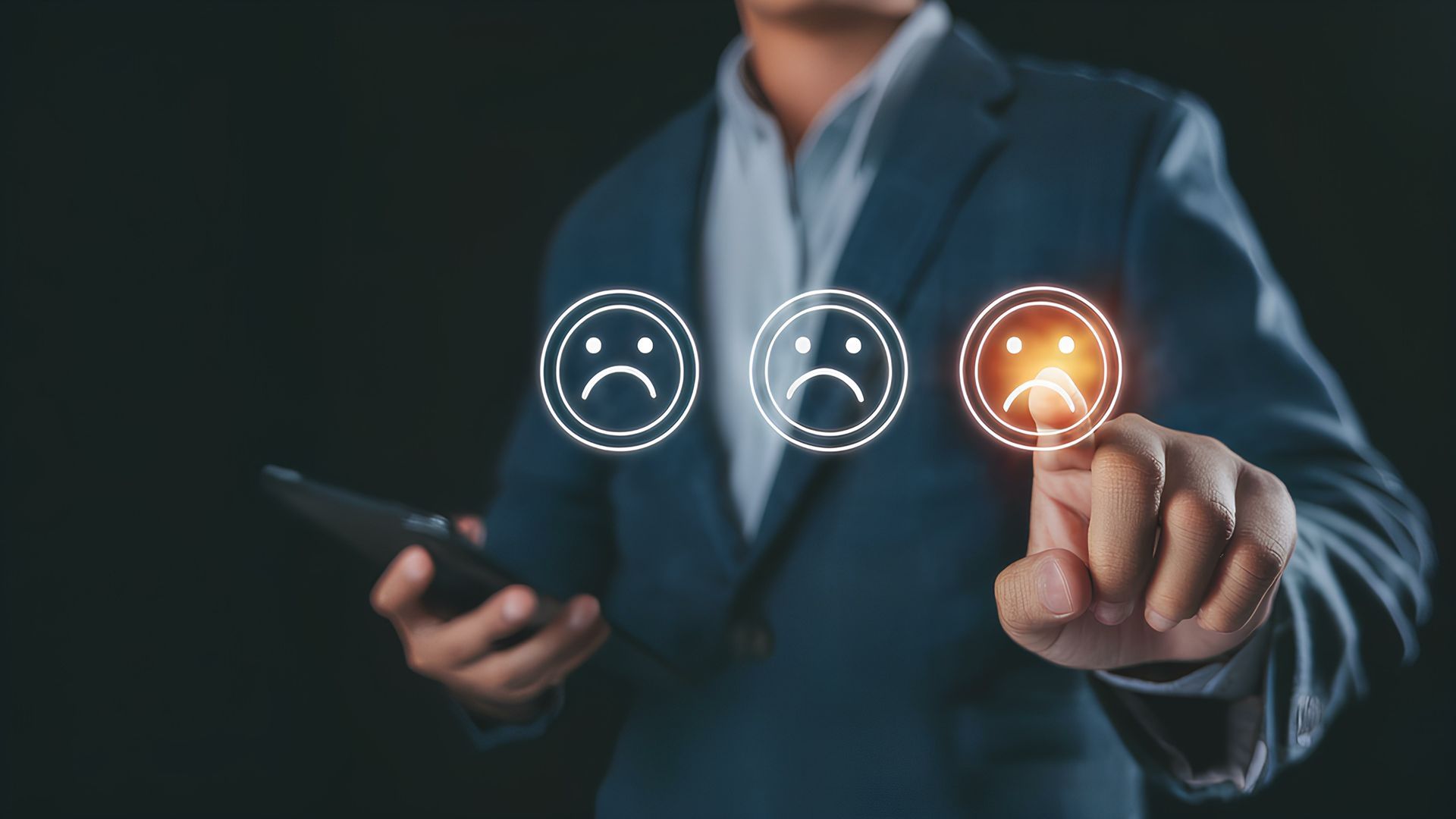Blog

Litigation can be expensive, messy and public, even if you eventually secure a favorable outcome[1] .
While the need for litigation can outweigh the potential disadvantages in certain circumstances, such as for breach of contract cases, many companies often try to avoid litigation when possible, whether by trying to settle outside of court or by exploring alternative avenues for dispute resolution.
Reasons to Avoid Litigation
From the court costs to the legal fees, litigation is expensive. Businesses could be diverting precious resources toward a single dispute for months or years – all for an uncertain outcome. Even if an appeal is possible, it just means more months or years of civil proceedings. Eventually, businesses may end up never reaching a resolution in their favor and be forced to compensate the other party for their claim.
Going to trial can also harm your reputation with customers and stakeholders. Because legal disputes are often a matter of public record, everyone may be able to see the legal dispute unfold and all the messiness that follows, which can strain relationships with customers and partners as a result.
How Do You Lower the Risk of Litigation?
Many businesses will do what they can to keep disputes private or prevent disputes from occurring in the first place. One of these crucial preventative measures is to ensure you have proper insurance coverage that covers a wide range of relevant hazards, including coverage for employee misconduct or negligence. Comprehensive employee training on safety, maintenance and professional standards can also reduce the likelihood of liability claims.
Be sure to draft clear and comprehensive contracts with vendors, clients and employees. Clearly outline expectations, responsibilities, deliverables and alternative dispute resolution to avoid miscommunication and limit the possibility of a breach of contract.
Periodic legal audits may also help to identify potential issues in contracts and other areas of your business. Addressing weak points before they can spiral into a lawsuit can save your business money in the long run.
If there is a risk of disputes, reviewing your company’s contracts and policies with an experienced commercial liability attorney can help strengthen your position during future negotiations and help you prevent litigation.
In cases where a legal dispute is unavoidable, exploring alternative dispute resolution – the most common methods being arbitration and mediation – can give businesses the resolution they need in less time and with fewer costs.
What Are Some Alternatives to Litigation?
Arbitration: Arbitration is when a neutral third party that operates outside of the judicial system is appointed to hear both sides of the dispute and make a binding decision. The process is fast and private compared to going to trial, but you also won’t be able to appeal the arbitrator’s decision[2] if it’s unfavorable.
Mediation: Mediation involves a neutral mediator who helps the parties reach a settlement. Unlike an arbitrator, mediators don’t have the power to make a final decision.
Mini-Trials: Mini-trials are short, unofficial proceedings conducted in the fashion of a trial but without a judicial setting. They can give both parties a better understanding of what litigation would look like and potentially give the other side the motivation to negotiate a settlement.
Cease and Desist Letters: If you’re the claimant in a case, sending a cease and desist letter to the infringing party can serve as a formal warning to stop their behavior or expect a lawsuit. Although it can’t formally prevent litigation, proof that you made the effort to avoid escalation may be beneficial in court and strengthen your case.
The Commercial Liability Attorneys at the Law Office of Cameron Hawkins Provide Tireless Defense for Atlanta Businesses
The Law Office of Cameron Hawkins understands the stakes of litigation for businesses. Our team of skilled attorneys will work hard to protect you from a protracted legal battle.
Our zealous trial attorneys[3] have helped many businesses secure a favorable outcome with minimal disruption to operations, and we will give your case the same attention and dedication.
We are ready to fight for you and your business in any setting – whether that is in negotiation, arbitration or litigation. Call (678) 921-4225 to schedule a free one-on-one case consultation with one of our skilled attorneys.
Law Office of Cameron Hawkins | All Rights Reserved
Areas of Practice
Contact Info
Disclaimer: The content on this website is for informational purposes only. This site and the information contained within is not legal advice, nor is it intended to be. Contacting the Law Office of Cameron Hawkins does not create an attorney-client relationship. Internet users should not act upon information contained on this site without first seeking advice from an attorney. Please refrain from sending any confidential information to The Law Office of Cameron Hawkins until an attorney-client relationship is established.
Disclaimer pursuant to Georgia Rule of Professional Conduct 7.1(a)(6): The statement "no attorneys' fees unless we are able to secure a verdict or settlement on your behalf" refers only to those fees charged by the attorney. Court costs and other additional expenses of legal actions usually must be paid by the client. Contingent fees are not permitted in all types of cases.











